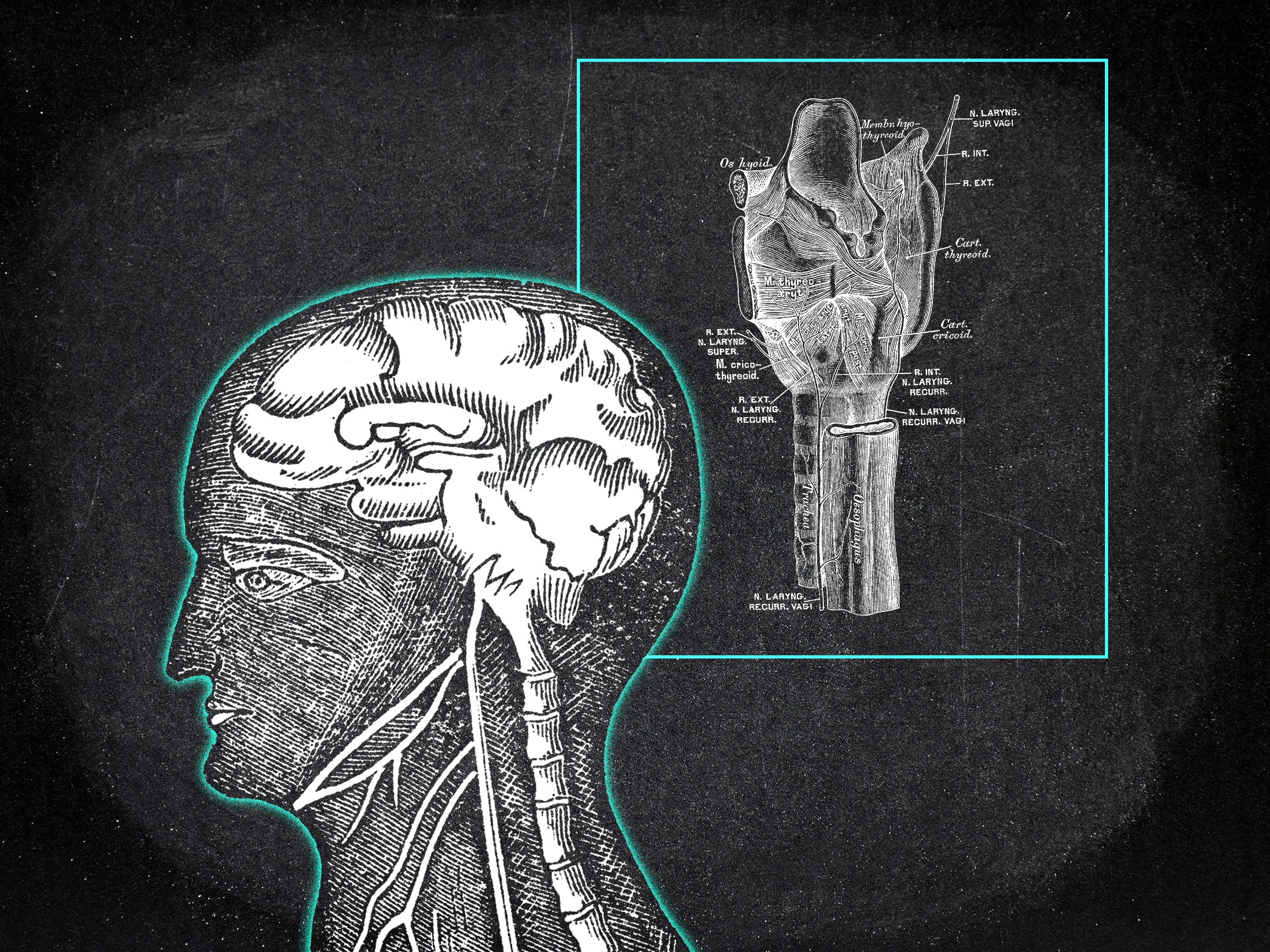The Vagus Nerve’s Crucial Role in Creating the Human Sense of Mind
The Vagus Nerve’s Crucial Role in Creating the Human Sense of Mind
The vagus nerve, also known as the tenth cranial nerve, is a key player in…

The Vagus Nerve’s Crucial Role in Creating the Human Sense of Mind
The vagus nerve, also known as the tenth cranial nerve, is a key player in connecting the brain to various organ systems in the body. One of its most crucial roles is in regulating the parasympathetic nervous system, which controls functions such as heart rate, digestion, and relaxation responses. However, recent research has shown that the vagus nerve also plays a significant role in creating the human sense of mind.
Studies have suggested that the vagus nerve is involved in the processing of emotions, memory formation, and even social interactions. When the vagus nerve is stimulated, it can lead to feelings of calmness and connection with others. On the other hand, dysfunction in the vagus nerve has been linked to conditions such as anxiety, depression, and post-traumatic stress disorder.
Furthermore, the vagus nerve is known to send signals from the gut to the brain, influencing food intake, energy balance, and mood. This gut-brain connection, also known as the gut-brain axis, is essential for overall mental health and well-being. By taking care of our gut health, we can positively impact our vagus nerve function and, in turn, improve our sense of mind.
In conclusion, the vagus nerve plays a crucial role in creating the human sense of mind by regulating emotions, memory, social interactions, and gut-brain communication. By understanding the importance of this nerve and taking steps to support its function, we can enhance our mental health and overall well-being.






